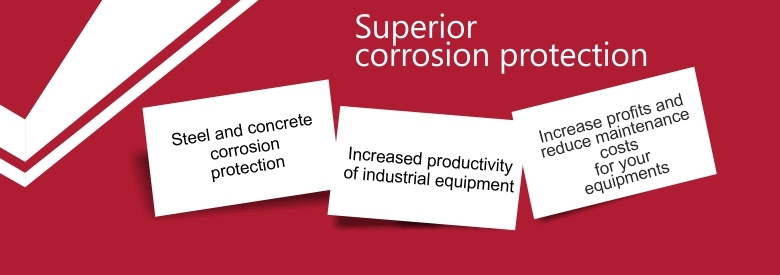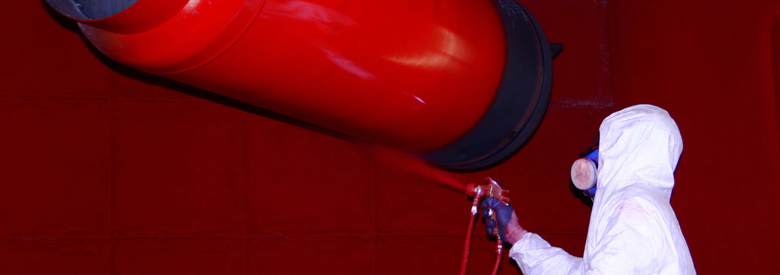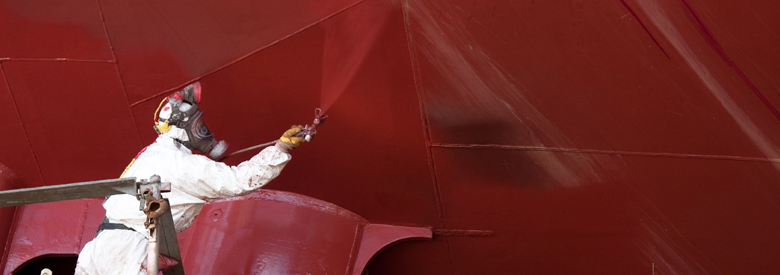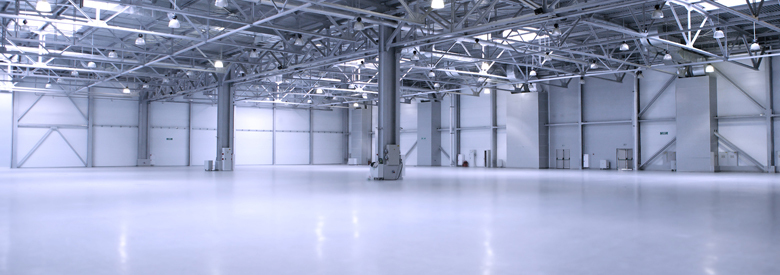Corrosion: gradual degradation of a ship from World War II. See the analysis!
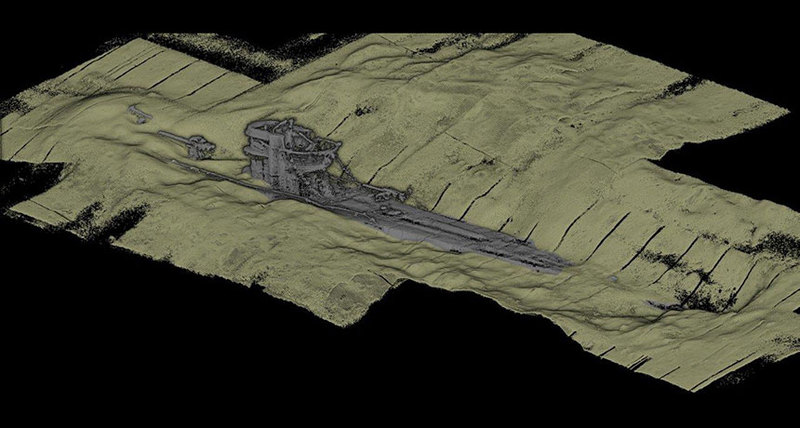
(image: 3D scan of the ship; source: sciencenews.org)
An article about a "sunken treasure", as a called by the Science News. It is a historical ship U-boat U-166. Its structure is in danger of degradation by corrosion effect, action of this phenomenon is accelerated by the oil spill in 2010 (Deepwater Horizon). A little higher, you saw a scanned image 3-D image of the vessel on the seabed. A real piece of history.
Acceleration of the rate of corrosion
The large amount of oil could endanger the structure of the sunken vessels in Gulf of Mexico. By analyzing bacteria, it favors the appearance of corrosion, the researchers observed that this combination of oil and salt water doubles the corrosion rate.
More than 2,000 ships were sunk in the Gulf area, starting from the spanish vessels from the sixteenth century to World War II. These ships represent historical pieces, and propitious environment for different eco-systems. But the disaster in 2010, the leaking of millions of gallons of oil threaten their structural resistance.
A little experiment
Jennifer Salerno, specialist in environmental issues at the University George Mason, placed pieces of carbon steel near the sunken ships for four months and a period of 16 weeks in some special tanks. The metal parts of contaminated water showed signs of corrosion much faster than pieces in clean water. Salerno believes that oil sulfate-reducing bacteria thrives, leading to gradual degradation of metals.
Follow us on LinkedIn and Google + (Corrosion Protection Community) for more news!
Source: https://www.sciencenews.org/article/gulf-oil-spill-could-hasten-corrosion-shipwrecks

